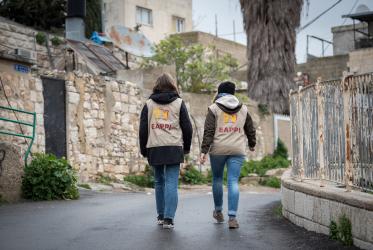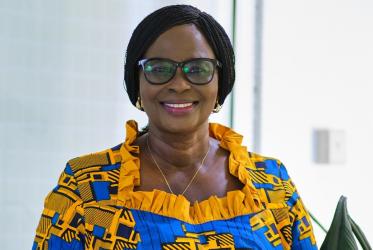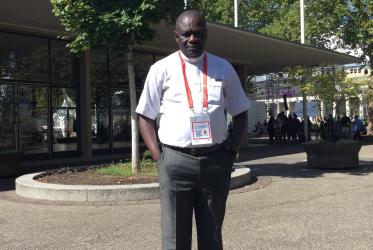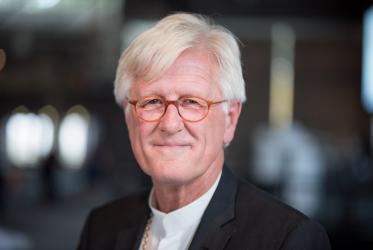Displaying 1 - 20 of 62
Compendium of Promising Practices of African Faith Community Interventions against Paediatric and Adolescent HIV
Executive Summary
23 March 2024
What can churches do to prevent modern slavery?
22 February 2024
Ellyanne Chlystun-Githae Wanjiku to COP28: “listen more to children”
13 December 2023
“The occupation can’t last forever”
25 October 2023
“They want to live without fear and constant harassment”
25 October 2023
ACT Alliance general secretary: “equity is not negotiable”
26 September 2023
Bishop Dr Heinrich Bedford-Strohm reflects on new role as moderator
09 September 2022



















